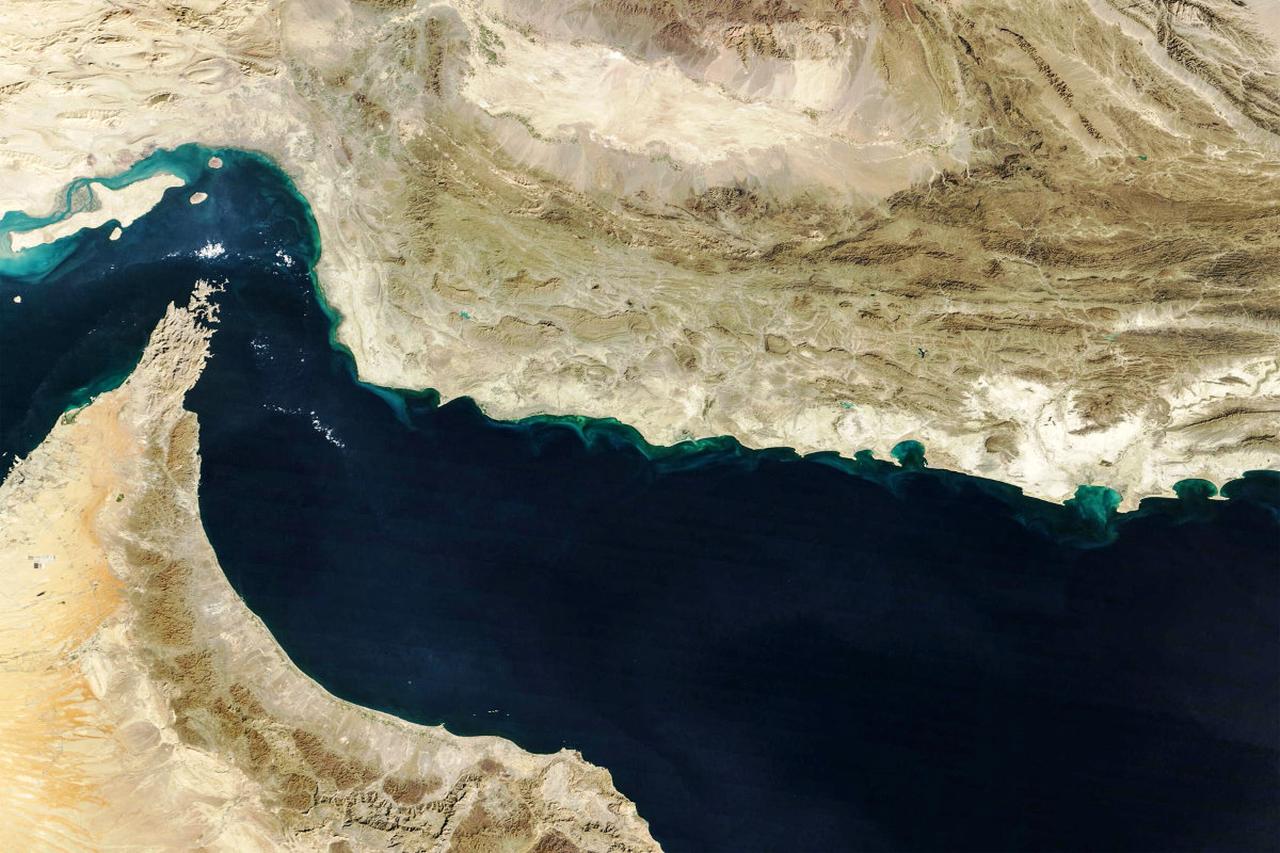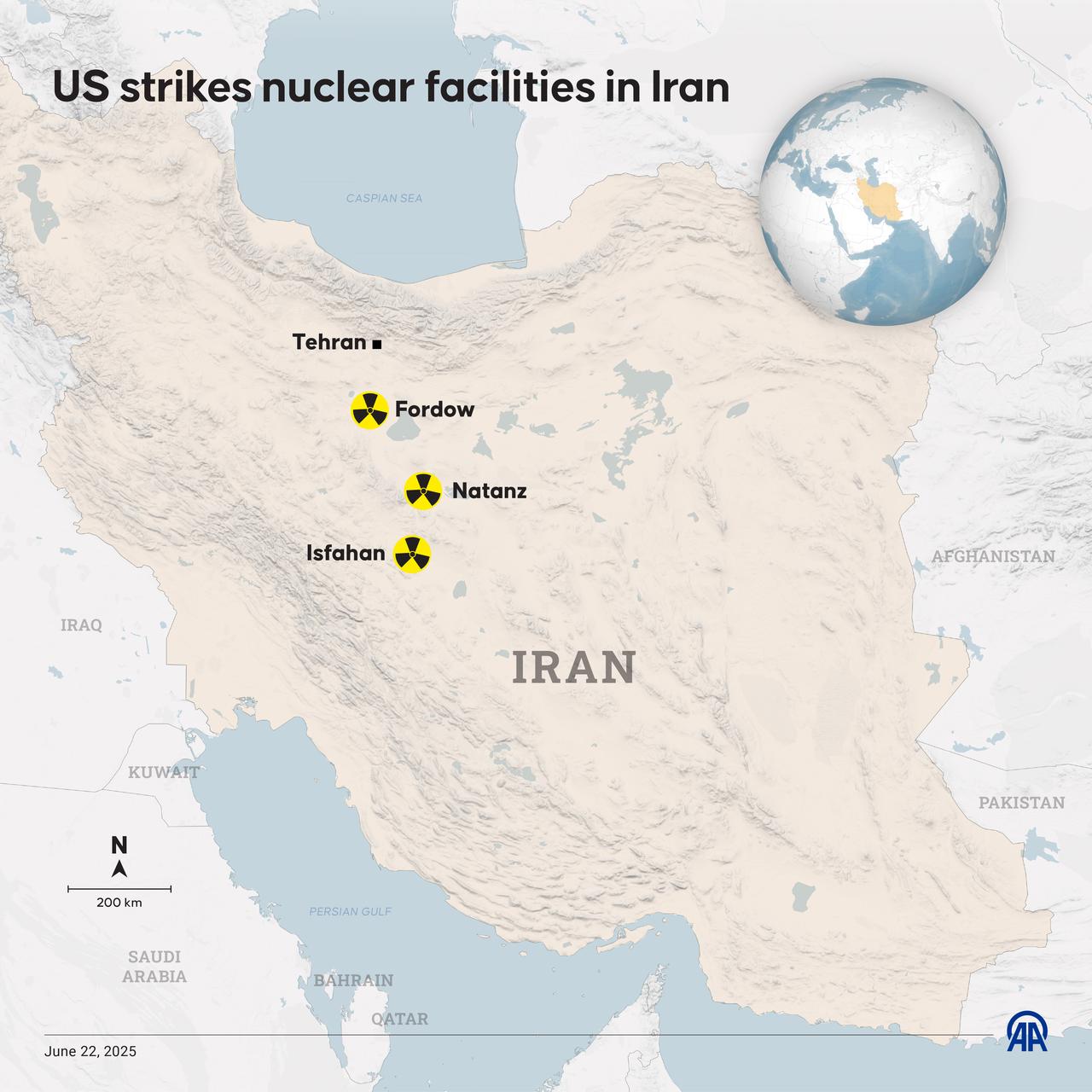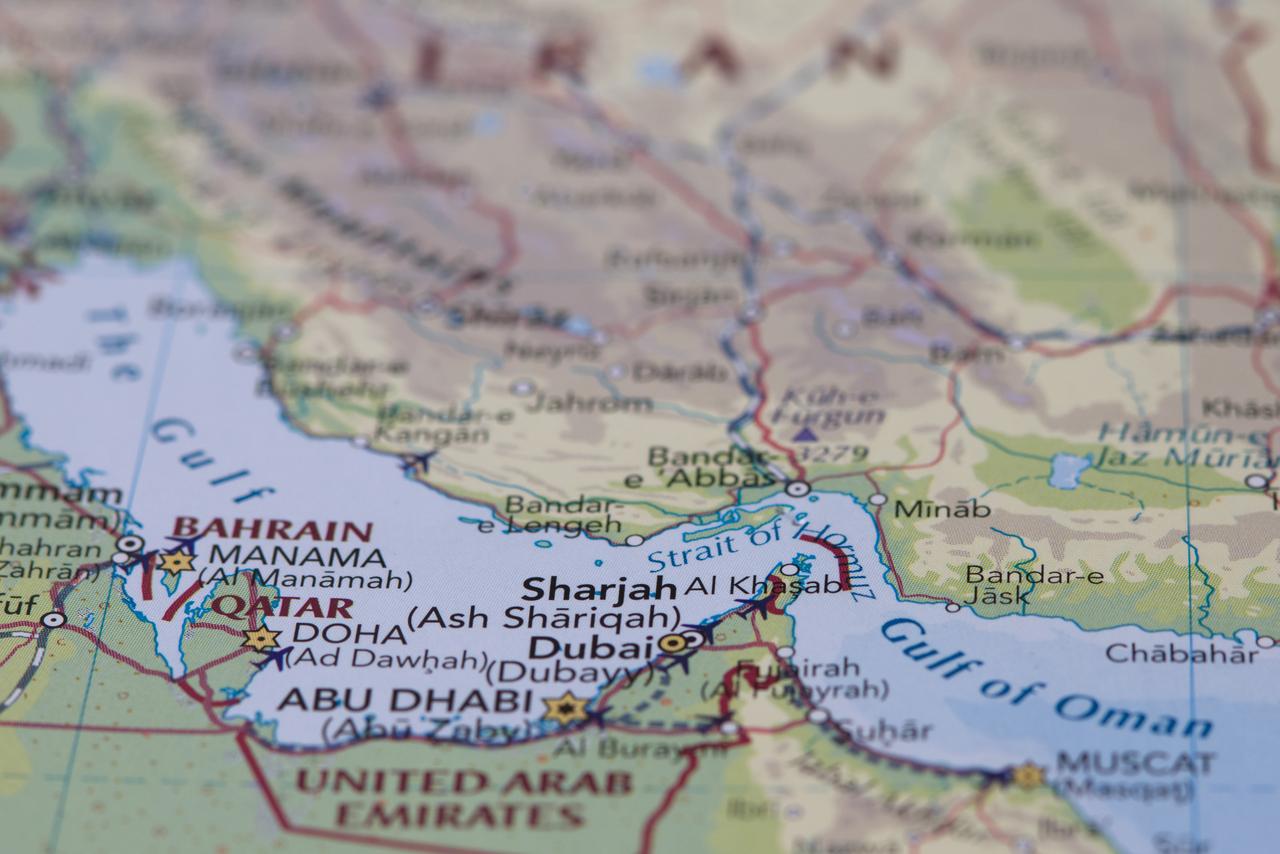
Iran’s parliament has approved a proposal to shut down the Strait of Hormuz, a critical global chokepoint for oil shipments, in retaliation for recent U.S. airstrikes on key nuclear facilities across the country, state broadcaster Press TV reported Sunday.
According to Press TV, the Iranian legislature reached a consensus supporting the closure of the strait, which lies at the mouth of the Persian Gulf and handles approximately one-fifth of the world’s daily oil supply.
However, the final decision rests with the Supreme National Security Council, the Islamic Republic’s top security body, chaired by President Ebrahim Raisi and overseen by Supreme Leader Ali Khamenei.
“The parliament agrees that the time has come to respond decisively,” said Major General Mohammad Kowsari, a senior member of the National Security and Foreign Policy Committee.
“If necessary, the Strait of Hormuz will be closed to protect national security and sovereignty. But the final green light must come from the Supreme National Security Council.”

Tensions soared after US President Donald Trump announced early Sunday that American forces had conducted what he called “very successful” precision strikes on Iran’s nuclear infrastructure, targeting Fordow, Natanz, and Esfahan—all central to Iran’s uranium enrichment program.
Iran condemned the strikes as a flagrant violation of international law and immediately called for an emergency session of the U.N. Security Council, urging the global community to hold the U.S. accountable for what it described as “an act of aggression and sabotage against peaceful nuclear activity.”
The latest crisis traces back to June 13, when Israel launched air raids on several Iranian sites, including military depots and nuclear installations, prompting swift retaliation from Tehran.
Iran responded by firing a barrage of missiles into Israeli cities, marking one of the most intense exchanges between the two regional rivals in years.
Israeli officials say at least 25 people have been killed and hundreds injured in the Iranian strikes, while Iran’s Health Ministry reports 430 dead and over 3,500 wounded due to Israeli bombardments.

The potential closure of the Strait of Hormuz would carry immense geopolitical and economic consequences.
Roughly 20 million barrels of oil per day pass through the narrow waterway, which is flanked by Iran to the north and the United Arab Emirates and Oman to the south.
The United Nations, along with several major world powers, including China, Russia, Türkiye, and the European Union, has called for immediate de-escalation and a return to diplomatic channels.